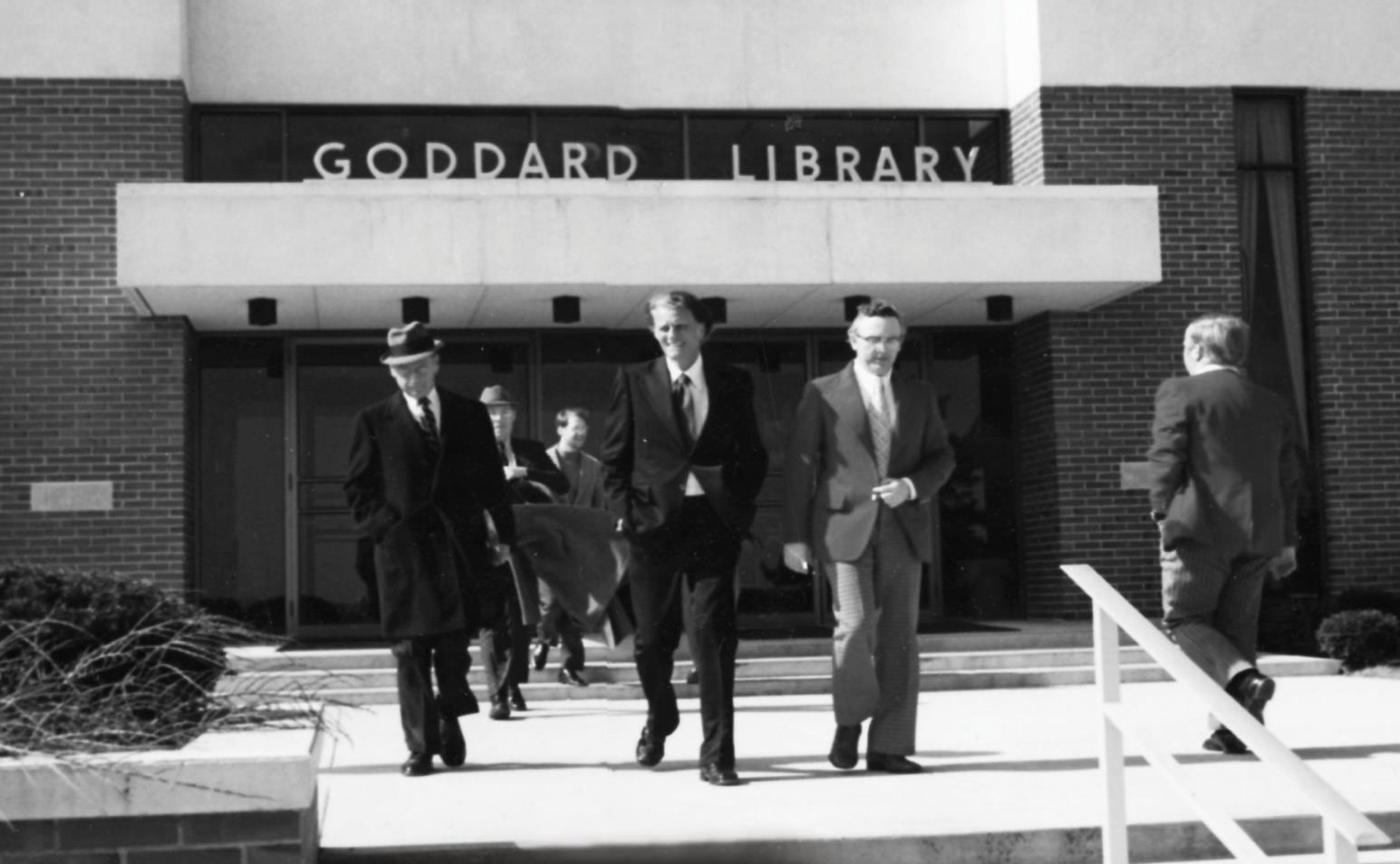7. Both parties must have an advisor of their choice present during a hearing. GCTS will provide one if the student is not able to find someone. 8. Hearings are live, although complainant and respondent may not be in the same room, and cannot ask questions of each other. Relevant questions will be asked by advisors. 9. Appeals must be based on procedural irregularity that affected the outcome of the matter, new evidence not available at the time of determination, conflict of interest, or another base that is offered to both parties.
Retaliation Retaliation or attempts to seek retribution against a student, an employee, or any other individual involved in filing a complaint or participating in the investigation of an allegation of sexual misconduct is prohibited by this policy and may constitute separate grounds for disciplinary action. Retaliation can include threats, intimidation, and abuse. Such retaliation is unlawful and will not be tolerated by the Seminary. Individuals who believe they have experienced retaliation should contact the Title IX Coordinator and the Seminary will investigate the complaint. If the Seminary determines that retaliation occurred, an appropriate action will be taken regardless of the outcome of the underlying sexual misconduct complaint.
Resources and Support for Students If you or someone you know has been the victim of any of the above-mentioned violations, you should FIRST get to safety. Dialing 911 will alert the Hamilton Police Department and GCTS Campus Safety. The Student Life Services staff is available to assist in these matters as well. Click here for a list of other available resources.
LEAD TITLE IX COORDINATOR Jana Holiday Dean of Students Kerr Building, Room 318 130 Essex Street, South Hamilton, MA 01982 Phone: 978-646-4060 Email: jholiday@gordonconwell.edu or titleixcoordinator@gordonconwell.edu Questions about Title IX can be directed to the Title IX Coordinator or to the Office of Civil Rights (OCR) of the U.S. Department of Education.
STUDENT GRIEVANCE AGAINST A FACULTY MEMBER While conflict may be inevitable, our hope is that any differences can be resolved in such a way that growth occurs. We are a learning community, and as such, our posture ought to be in readiness to experience the formation that God intends. We will live according to biblical principles, seeking to exhibit the fruit of the Spirit as we walk with each other. The following process is meant to guide us toward resolution and growth. Regarding a Personal Grievance:
Seek to resolve the matter in private discussion with the relevant faculty member. In such cases where this is not possible, appropriate, or wise, students are encouraged to bring another student or the Dean of Students of the specific campus or the VP of CBE. (If the grievance is regarding sexual harassment or assault, the student should speak with the Title IX Coordinator.) o Note: Gordon-Conwell encourages students to dialogue with faculty members directly about grievances, but should that prove to be unadvisable, the student may bring his or her concerns to the Dean of Students (or VP or EDO of CBE) without first going directly to the faculty member. After taking this step, if resolution is not reached, the matter should be referred in writing to the Campus Dean and Dean of Students of the specific campus (or equivalent person). Without written details, no action will be taken. The Dean will then refer the matter either to the Faculty Personnel Policies Committee (FPPC) or the Academic Affairs Committee (AAC) or both, depending on the nature of the grievance. In principle, academic matters are referred to the AAC and personnel matters to the FPPC. Either committee may enlist the work of a subcommittee to investigate the particulars and recommend action. When a subcommittee is used, the full committee shall act on 123







